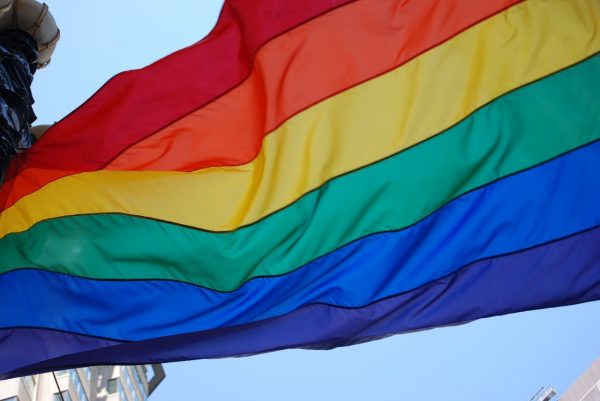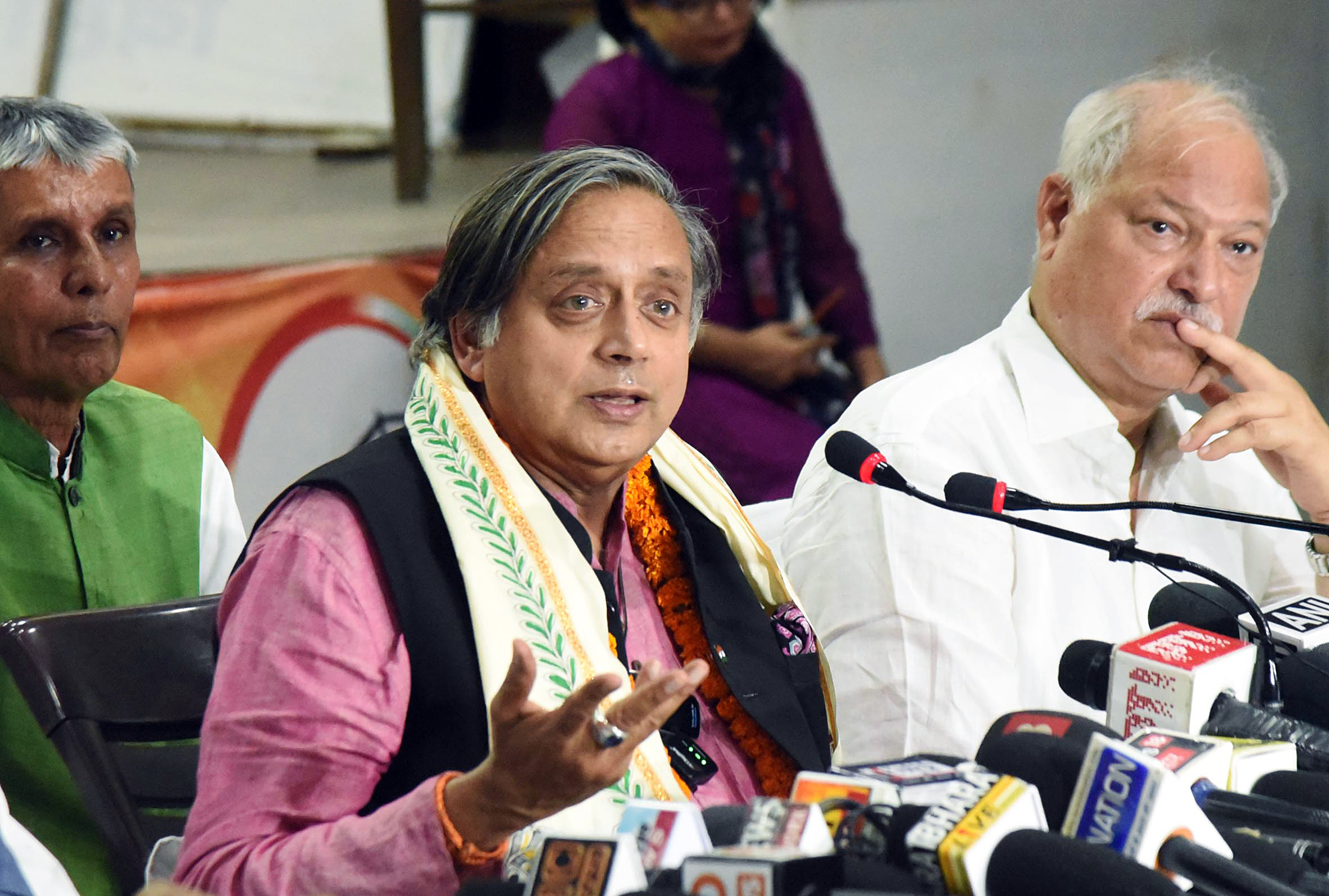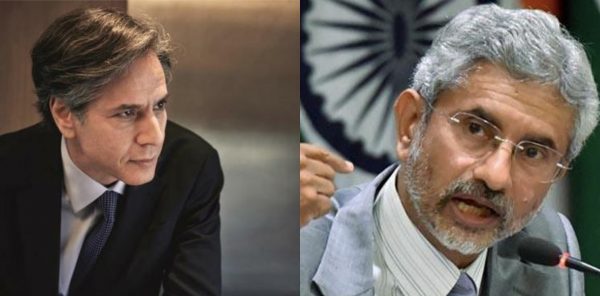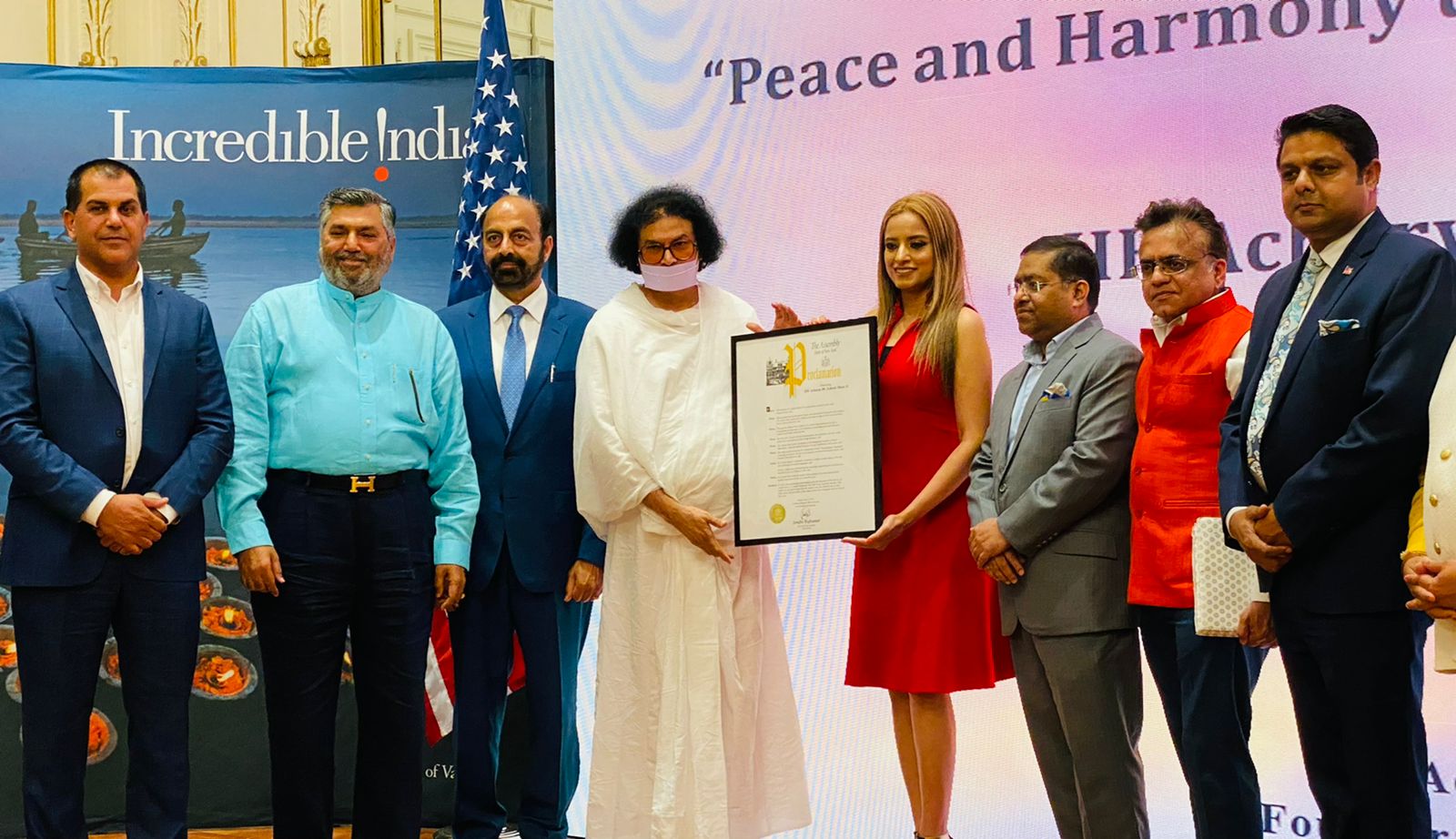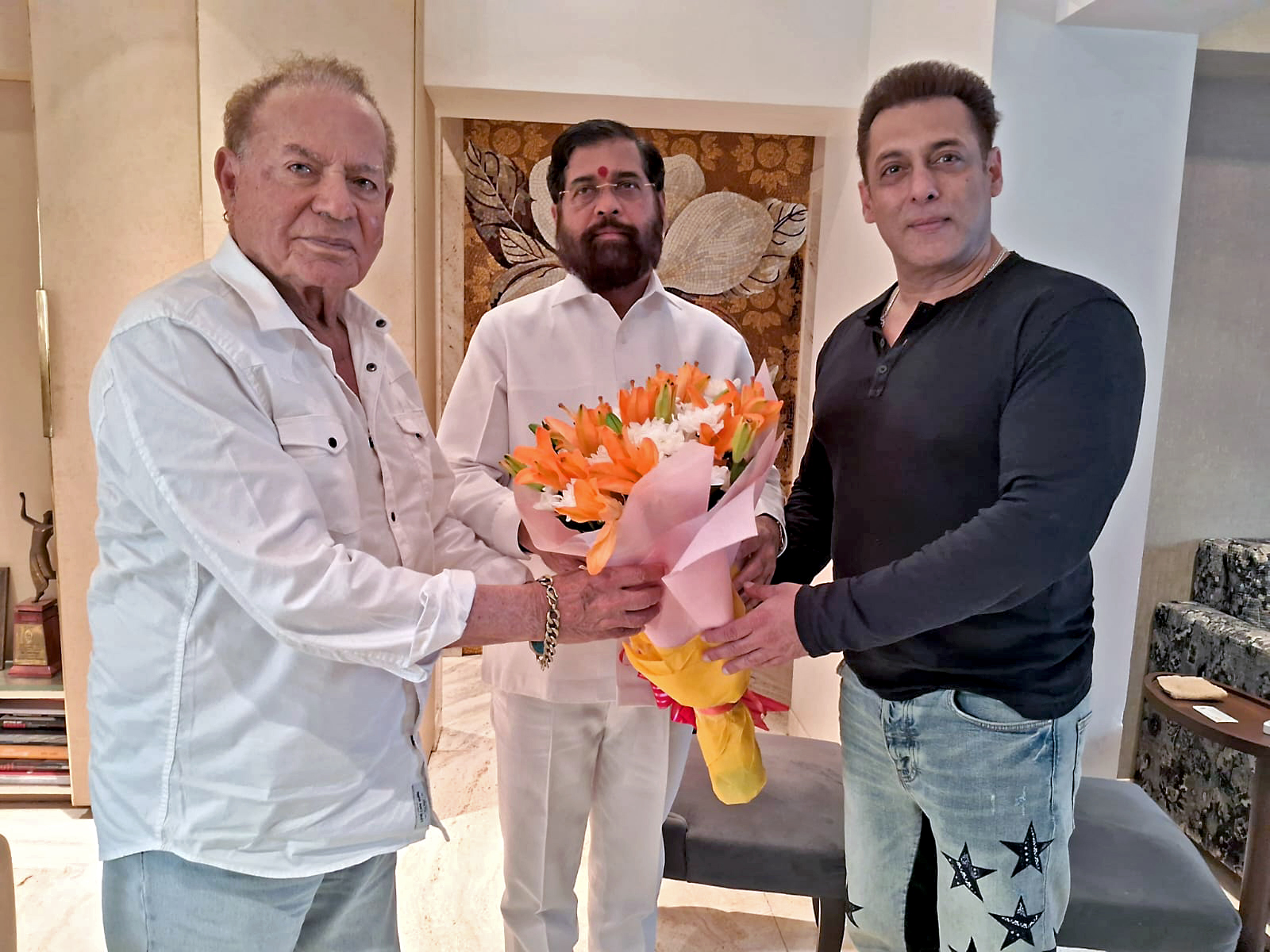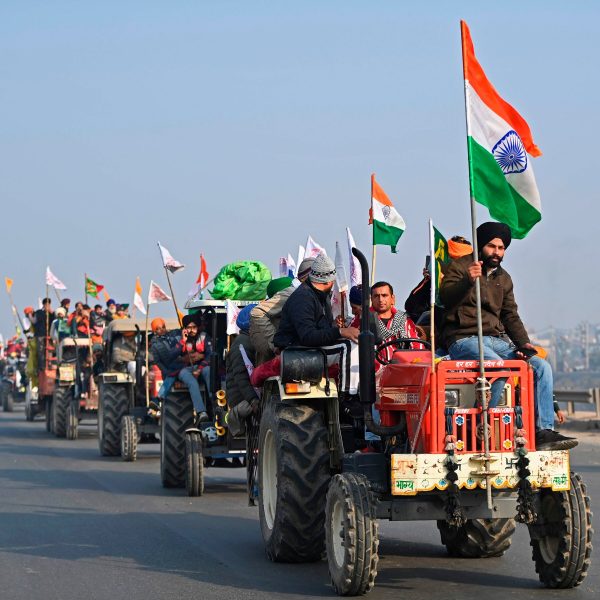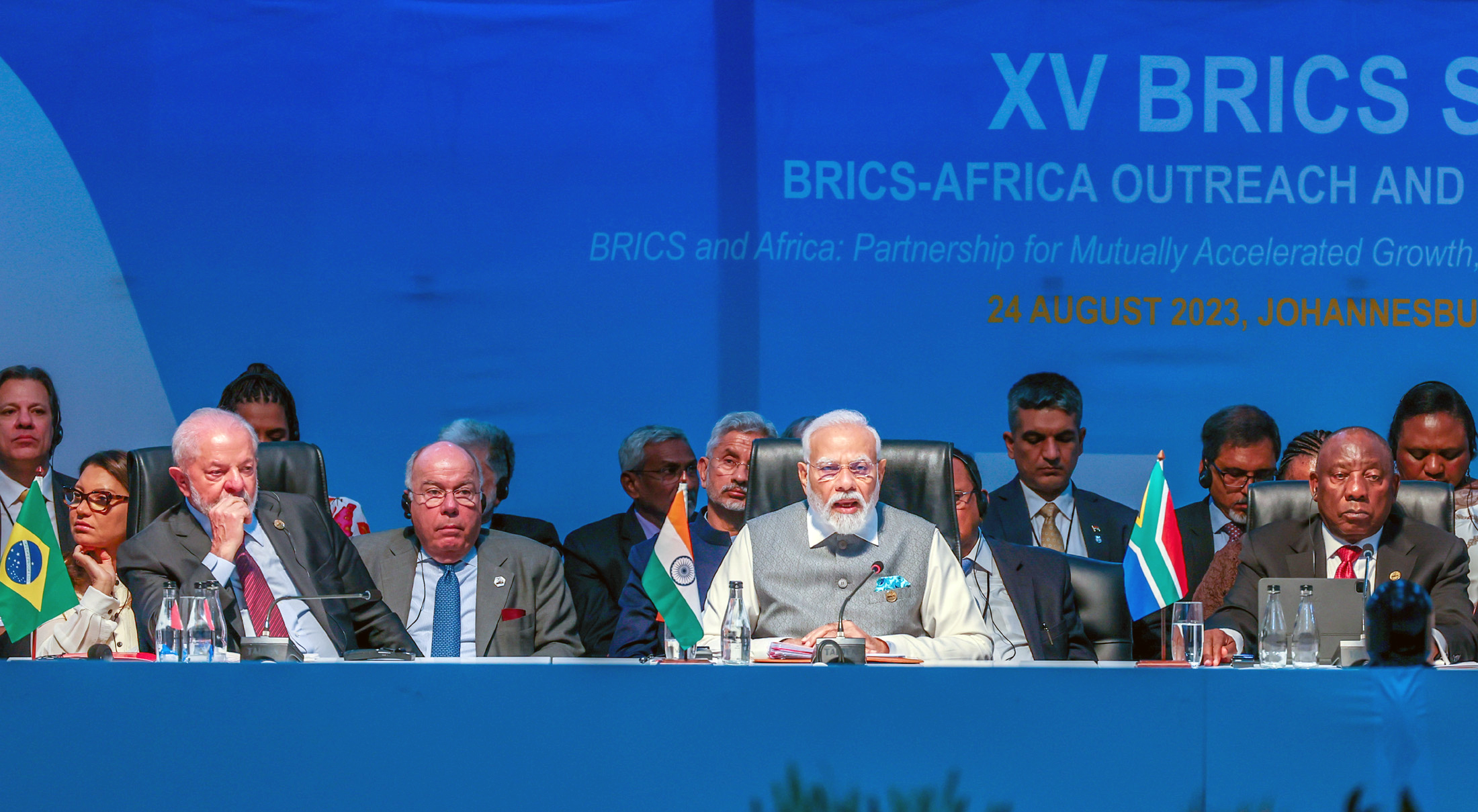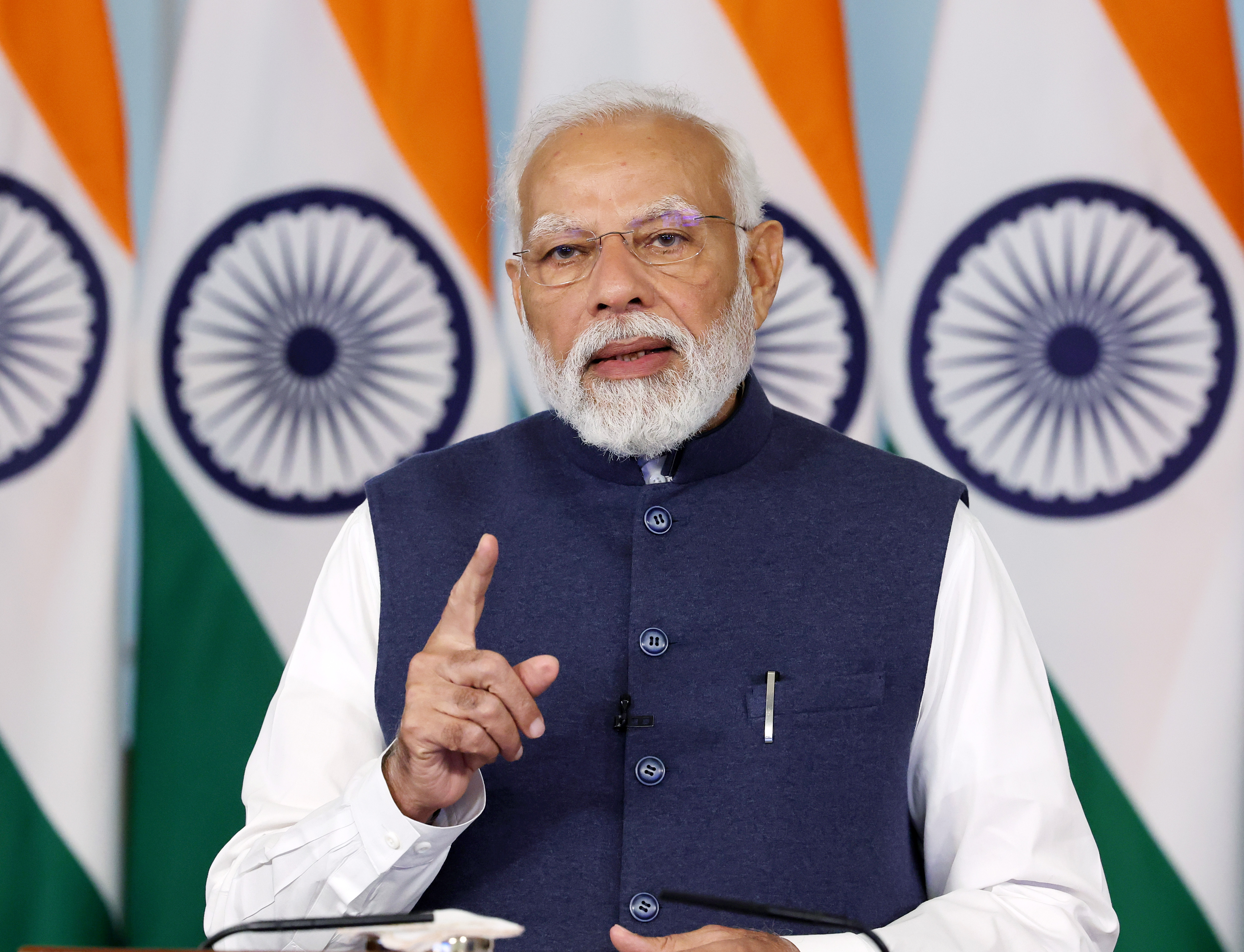The central government argued that a relationship with a same-sex individual is “not comparable” with the “Indian family unit concept.”
On Thursday, while seeking dismissal of petitions seeking recognition of same-sex marriage under existing laws the Centre told the Delhi High Court that in India a marriage is not just a union but an institution between biological man and woman and necessarily depends upon “age-old customs, rituals, practices, cultural ethos and societal values.”
The central government also referred to the Supreme Court (SC) judgment and stated the provision of Section 377 of the Indian Penal Code covering homosexuality, the SC had only decriminalized “a particular human behavior” but “neither intended to nor did, in fact, legitimize the human conduct in question”.
In response to three petitions requesting for the legalization of same-sex marriages, the government said that judicial interference will result in “complete havoc with the delicate balance of personal laws”. The government said: “The question as to whether such a relationship be permitted to be formalized by way of a legal recognition of marriage is essentially a question to be decided by the legislature and can never be a subject matter of judicial adjudication.” The government argued “it is not permissible for the court to override” the legislative intent concerning limiting the legal recognition of marriage to heterosexual couples.
The Centre also said that living together as partners or a relationship between same-sex individuals is “not comparable” with the “Indian family unit concept.” It stated that the institution of marriage has a “sanctity.” It also claimed that marriage is not merely a concept within the domain of privacy of an individual and it has several public aspects, statutory rights and obligations attached to it.
The government’s reply was to the three petitions filed last year. In one of the petitions, Dr Kavita Arora and Ankita Khanna sought the fundamental right to choice of partner, after their request for solemnization of marriage under the Special Marriage Act was rejected by a Marriage Officer in Delhi as they are a same-sex couple. The second petition was by an Overseas Citizenship of India cardholder Parag Vijay Mehta, and an Indian Vaibhav Jain, who married in Washington DC in 2017. Their application for registration of marriage under the Foreign Marriage Act was rejected by the Consulate General of India in New York. The third was public interest litigation filed by defense analyst Abhijit Iyer Mitra and three others for recognition of same-sex marriages under the Hindu Marriage Act.

















